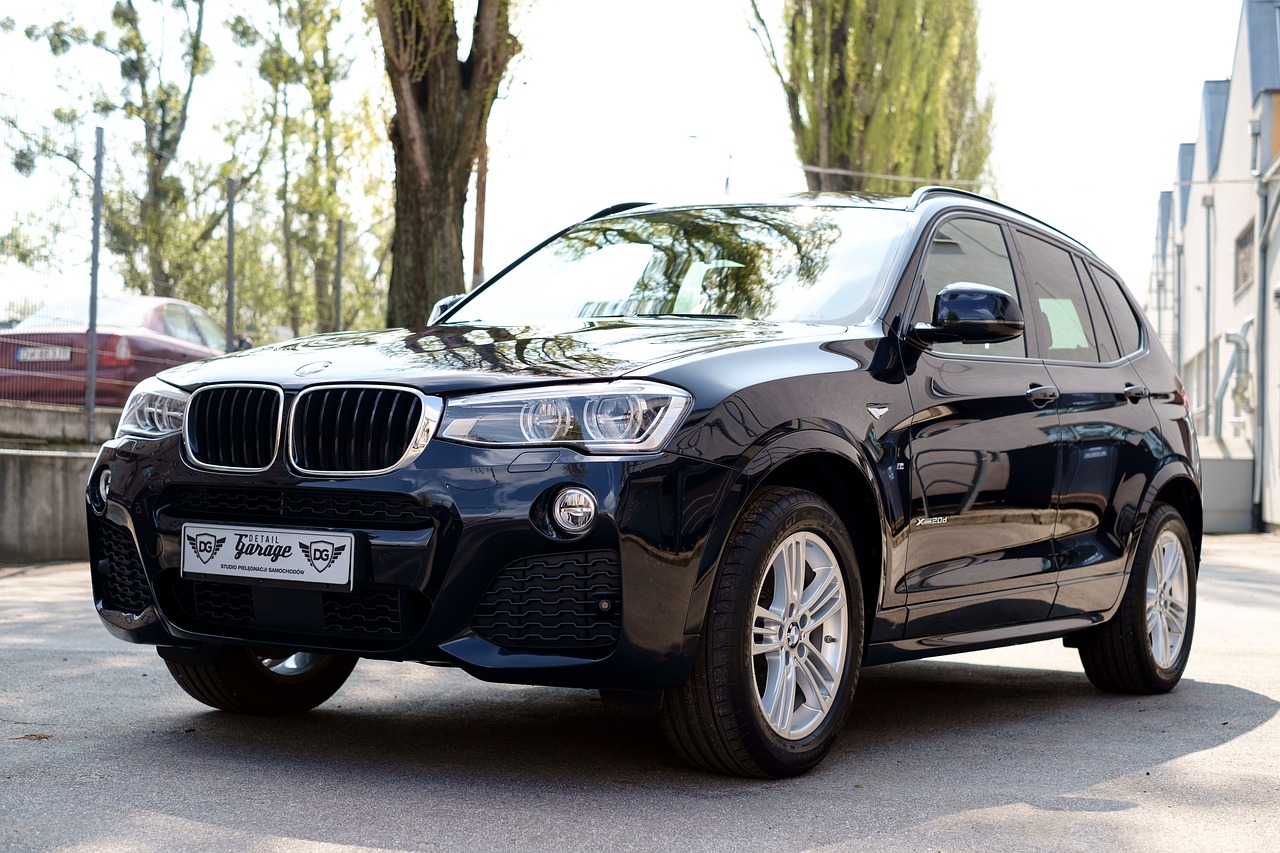8 Best Advice for New Car Owners
Buying a car is an important milestone in anyone’s life. Owning a car represents freedom, but this freedom comes with responsibilities. If this is your first car, you could probably use some tips and reminders to help you make the most of it.
Of course, you already know the car safety basics, such as buckling your seatbelt and driving safely on the road. In addition, you should visit a mechanic if your car starts making strange noises. Also, it will benefit you to learn how to change a flat tire, especially before going on long drives.
We have prepared a helpful checklist of advice and activities for new car owners. Check out some of these best practices if you have recently purchased a new vehicle:
1. You should never drive uninsured
One of the most important things you should keep in mind as a new car owner is never to drive uninsured. It’s essential to take a moment to compare different quotes before you choose your car insurance policy, since your coverage and premiums can vary from one company to another. Once you have made your choice, you will be able to get on the road while knowing you are properly insured and protected.
2. Don’t drive with a burnt-out taillight
Taillights are located on the rear end of your car. These lights improve visibility to other drivers when you are driving at night, in the rain, or in the snow. They are an important safety feature, and you should never drive with a burnt-out taillight. If you notice that one, or both of your taillights are not working anymore, you need to get them repaired or replaced as soon as possible.
3. Always keep your car documents in your car
Speaking of insurance, you should always keep your proof of insurance in your car, as well as other important documents such as your car’s registration certificate and your driver’s licence. If you ever get pulled over or get involved in an accident, you will need to have these documents. As for your car’s title certificate, you should keep it at home, in a safe place, so it will not get lost or stolen.
4. Don’t underestimate the importance of your owner’s manual
It’s a good idea to keep your owner’s manual in your car. You should also consider reading your manual at least once, as it contains important information about your car and about how you can make the most of your purchase.
It will teach you about the basic features of your car, about which modifications you could do, and about how you could handle some minor issues on your own. Your owner’s manual will also make it easy for you to maintain a service record.
5. You should schedule regular maintenance for your car
Your owner’s manual should recommend a maintenance plan to allow your new car to stay in good shape, and you should follow these recommendations. Getting your car serviced regularly is even more important if you just bought a used car that already has some mileage.
Scheduling regular maintenance will ensure your oil will be changed, your fluids refilled, your filters checked, and your brakes replaced when they need to be. The maintenance gives you peace of mind when you get behind the wheel. You should also make sure to keep your car clean. Regularly washing it will help prevent rust and dirt build-ups so your car can look its best for years to come.
6. Remember to check your tire pressure often
Your owner’s manual will show you how to check your car’s tire pressure, and you should remember to do it regularly. This simple maintenance task will only take a few minutes, but it could save you a lot of money and headaches in the long run.
If your tires are not inflated properly, it will put unnecessary pressure on your car. As a result, your tires will wear out faster. During the winter, they will not grip the road as efficiently as tires that are inflated just right.
7. You should look for a reliable mechanic
Unfortunately, some mechanics are trying to take advantage of their customers by charging them for pieces and repairs their car doesn’t even need.
But most mechanics are honest, and when you find a reliable one you get along well with, you should keep bringing your car to them for maintenance and repairs. A long relationship with a great mechanic will pay off, as they will eventually get to know you. They will understand what your car needs.
8. Keep an emergency kit in your car
Even if you are a careful driver, you never know what could happen when you drive your car over long distances. For this reason, you should keep an emergency kit in your car.
On top of a spare tire, your emergency kit could contain items such as a car jack, a phone charger, a bottle of water, a few granola bars, a flashlight, a blanket, and, if you live in a cold area, a warm hat and gloves.

